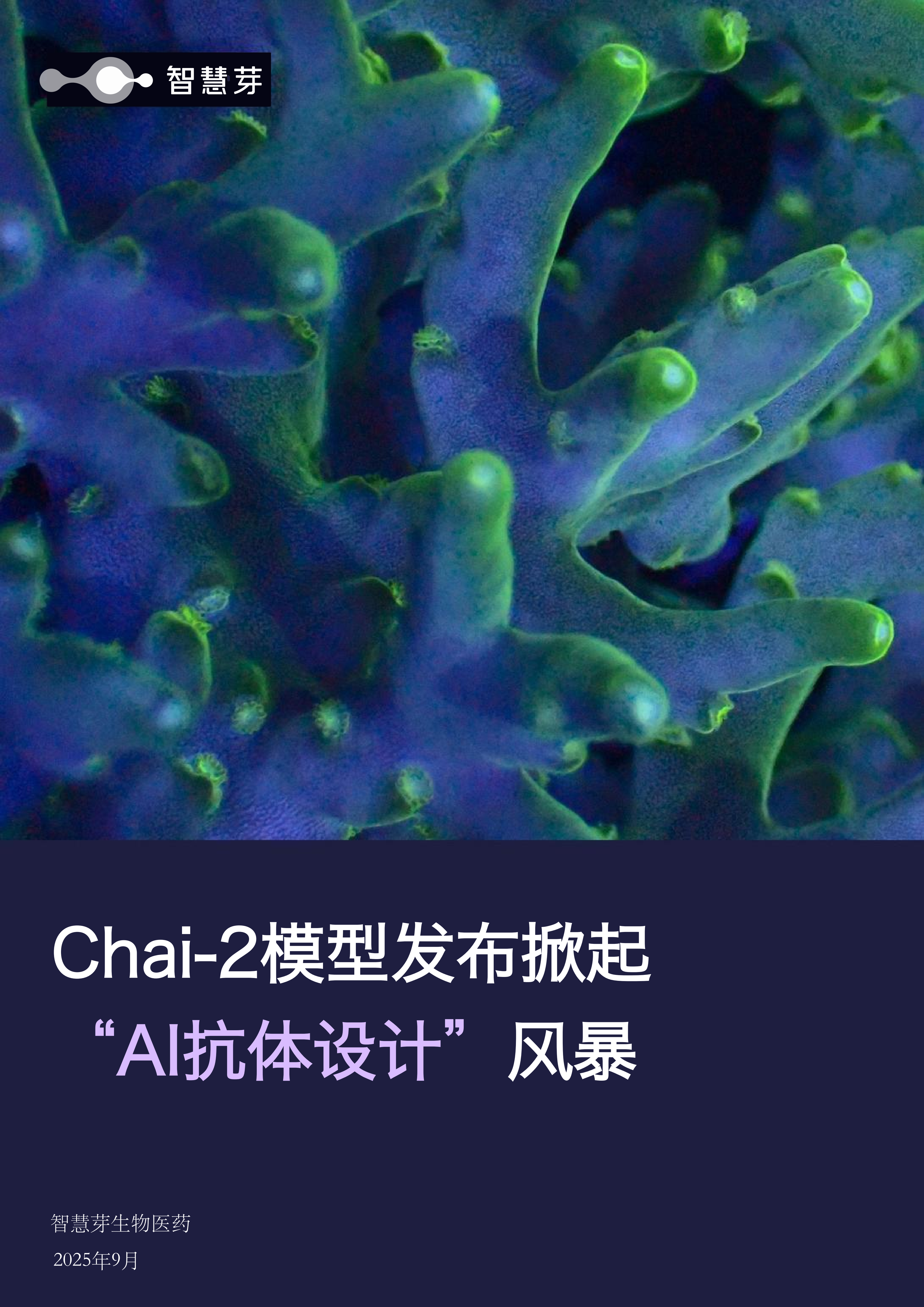预约演示
Pharvaris shares spike as drug appears to prevent symptoms of rare disorder
2023-12-06
临床结果临床研究
Shares of Pharvaris rose by as much as 42% Wednesday morning after the Switzerland-headquartered biotechnology company reported positive data for its main experimental drug.
Pharvaris has been testing the drug, known scientifically as deucrictibant, as a potential treatment for hereditary angioedema, a rare genetic disorder in which patients experience episodes, or “attacks,” of rapid and severe swelling. The company announced late last year that its therapy, when used on demand, significantly reduced the symptoms associated with these attacks in a mid-stage clinical trial.
A separate, so-called proof-of-concept study named “CHAPTER-1” has been evaluating whether the drug can also prevent attacks from happening. That appears to be the case, according to Pharvaris, which disclosed high-level results Wednesday.
The study enrolled 34 participants who received each day either a placebo, a 20 mg dose of Pharvaris’ drug or 40 mg dose over 12 weeks. Researchers then documented how many attacks participants had. They found that compared to the placebo group, which experienced about two attacks per month, the monthly attack rate was 79% lower in the lower dose arm and nearly 85% lower in the higher dose arm.
Additionally, Pharvaris said patients who received its drug experienced “clinically meaningful improvement” in the severity of their attacks, as well as a “meaningful improvement on their quality of life.” The company noted, too, that both doses of its drug appeared well-tolerated. There were no serious adverse events or severe treatment-emergent adverse events, nor did anyone drop out of the trial because of side effects.
The safety findings may be especially important, given that, in August 2022, the Food and Drug Administration paused two trials of deucrictibant, including Chapter-1, following a review of nonclinical data. Pharvaris a month later said the FDA had asked for an additional long-term rodent toxicology study.
By June of this year, the FDA agreed to allow the one trial testing Pharvaris’ drug as an on-demand treatment to continue. As of early November, the company was still trying to get the hold on Chapter-1 lifted.
“Pharvaris remains committed to resolving the U.S. clinical hold on deucrictibant for the prophylactic treatment of [hereditary angioedema], and we are on track to submit the non-clinical rodent data to the FDA by the end of the year,” said CEO Berndt Modig in a recent statement.
Alongside the clinical results, the company announced plans to raise $300 million from the offering of ordinary shares and pre-funded warrants.
In the U.S., there are already a half-dozen approved medicines for hereditary angiodema. They include Takeda’s Takhzyro and Kalbitor, CSL Behring’s Berinert and Haegarda, and BioCryst Pharmaceuticals’ Orladeyo. But, with the exception of Orladeyo, all those drugs are given as injections. Companies like Pharvaris and KalVista Pharmaceuticals see an opportunity for newer, oral options that many patients may view as more convenient.
Following the results announcement, Schwartz wrote in a note to clients that the data “falls squarely” within his team’s “bull case scenario” for the drug. “This attack rate reduction potentially positions deucrictibant much more favorably than Orladeyo in the commercial market, which has been selling well,” he wrote.
'
更多内容,请访问原始网站
文中所述内容并不反映新药情报库及其所属公司任何意见及观点,如有版权侵扰或错误之处,请及时联系我们,我们会在24小时内配合处理。
靶点
-药物
Eureka LS:
全新生物医药AI Agent 覆盖科研全链路,让突破性发现快人一步
立即开始免费试用!
智慧芽新药情报库是智慧芽专为生命科学人士构建的基于AI的创新药情报平台,助您全方位提升您的研发与决策效率。
立即开始数据试用!
智慧芽新药库数据也通过智慧芽数据服务平台,以API或者数据包形式对外开放,助您更加充分利用智慧芽新药情报信息。




